Elon Musk wasn’t in court on Wednesday, but his $56 billion pay package was, as Tesla’s lawyers urged Delaware’s highest court to restore what they called “the most informed stockholder vote in Delaware history.”
The hearing before the Delaware Supreme Court marked the final round in one of the biggest corporate legal battles in modern memory. Tesla is appealing a January 2024 ruling by Chancellor Kathaleen McCormick that shredded Musk’s record-breaking 2018 compensation plan, calling it the product of a board too cozy with its CEO and shareholders kept in the dark.
“This was the most informed stockholder vote in Delaware history,”— Jeffrey Wall, Tesla attorney
Wall argued that Tesla’s shareholders knew exactly what they were signing up for when they overwhelmingly backed Musk’s pay both in 2018 and again last year — and that restoring that vote would “resolve this case.”
McCormick had seen things differently. Her 200-page opinion slammed Tesla’s process, saying the board “lacked independence” from Musk, who owned nearly 22% of the company at the time. She applied Delaware’s toughest fairness standard and concluded the deal was unjust to investors, a move that sent shockwaves through boardrooms and prompted what some now call “Dexit”: companies fleeing Delaware for more CEO-friendly states like Texas and Nevada.
Since her ruling, heavyweights like Dropbox, Tesla, and Andreessen Horowitz have all reincorporated elsewhere. Delaware lawmakers have scrambled to update corporate law to stem the exodus.
Musk’s legal team laid out three possible off-ramps for Delaware’s five justices:
- Rule that Musk didn’t actually control the 2018 negotiations and that shareholders were fully informed;
- Find that rescinding his pay was an excessive remedy given Tesla’s growth;
- Accept last year’s shareholder vote as legitimate ratification of the deal.
“Shareholders in 2024 knew exactly what they were voting for,”
— Wall said.
But Richard Tornetta’s lawyer, Greg Varallo, representing the small investor who first sued in 2018 while holding just nine Tesla shares — fired back that allowing such a redo would destroy finality in corporate law.
“Lawsuits would be interminable,” Varallo warned. “What makes this case extraordinary is that it involves the largest pay package in human history, awarded to the richest man on earth.”
Tesla’s directors maintain that McCormick misread both the facts and the law, arguing she should have applied the more lenient “business judgment” rule, the standard that usually shields boards from judicial meddling. They insist the 2018 plan did exactly what it was meant to: focus Musk’s attention long enough to turn Tesla from an ambitious startup into a global juggernaut.
Even if Musk loses the appeal, he’s not exactly heading for hardship. Tesla has already lined up a backup plan worth at least $25 billion in accounting costs — meant, the company says, to keep him locked in as Tesla shifts its focus to robotics and self-driving.
Last month, Tesla’s board went even further, floating a new $1 trillion compensation blueprint, a staggering vote of confidence in a CEO now worth around $480 billion, even as Tesla battles falling EV demand and fierce competition from China.
The Delaware justices are also reviewing a separate $345 million legal-fee award for Tornetta’s lawyers.
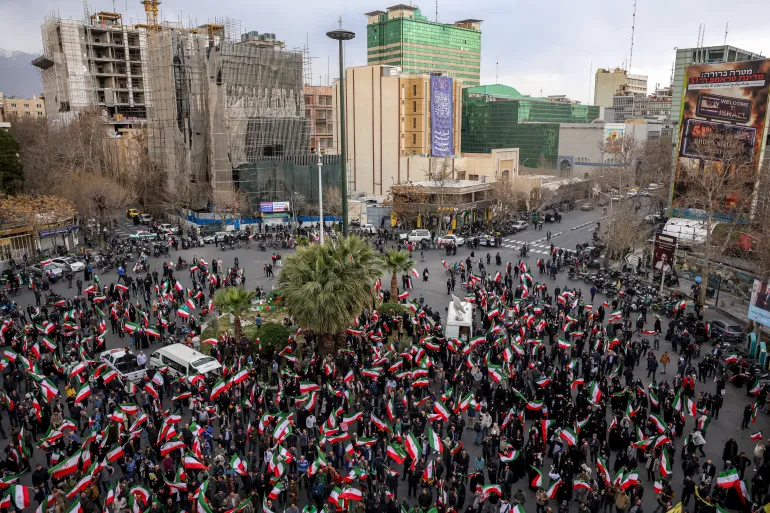
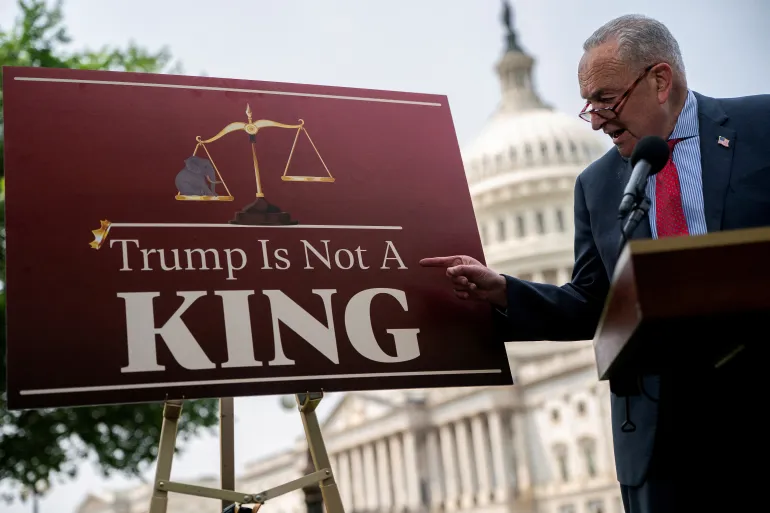

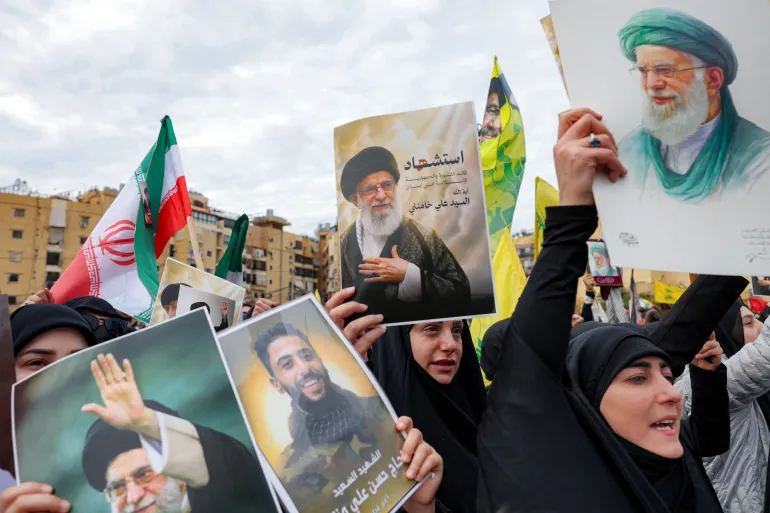
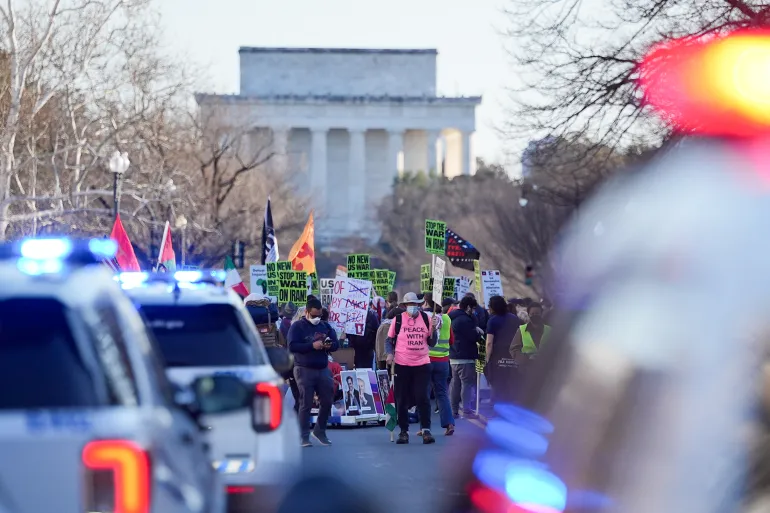
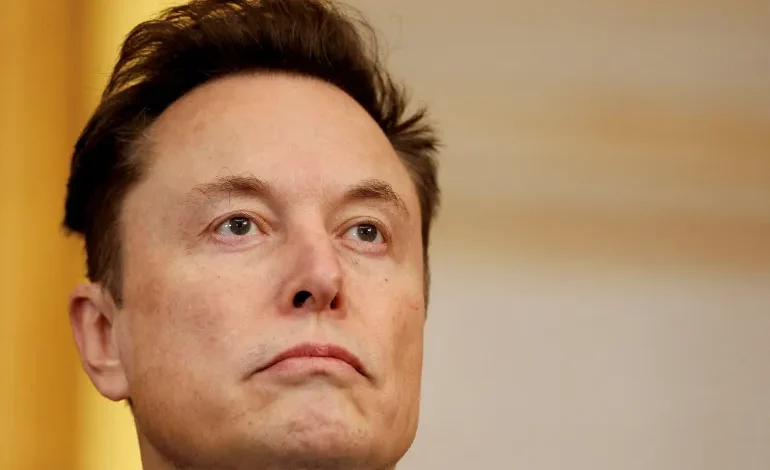




The latest news in your social feeds
Subscribe to our social media platforms to stay tuned